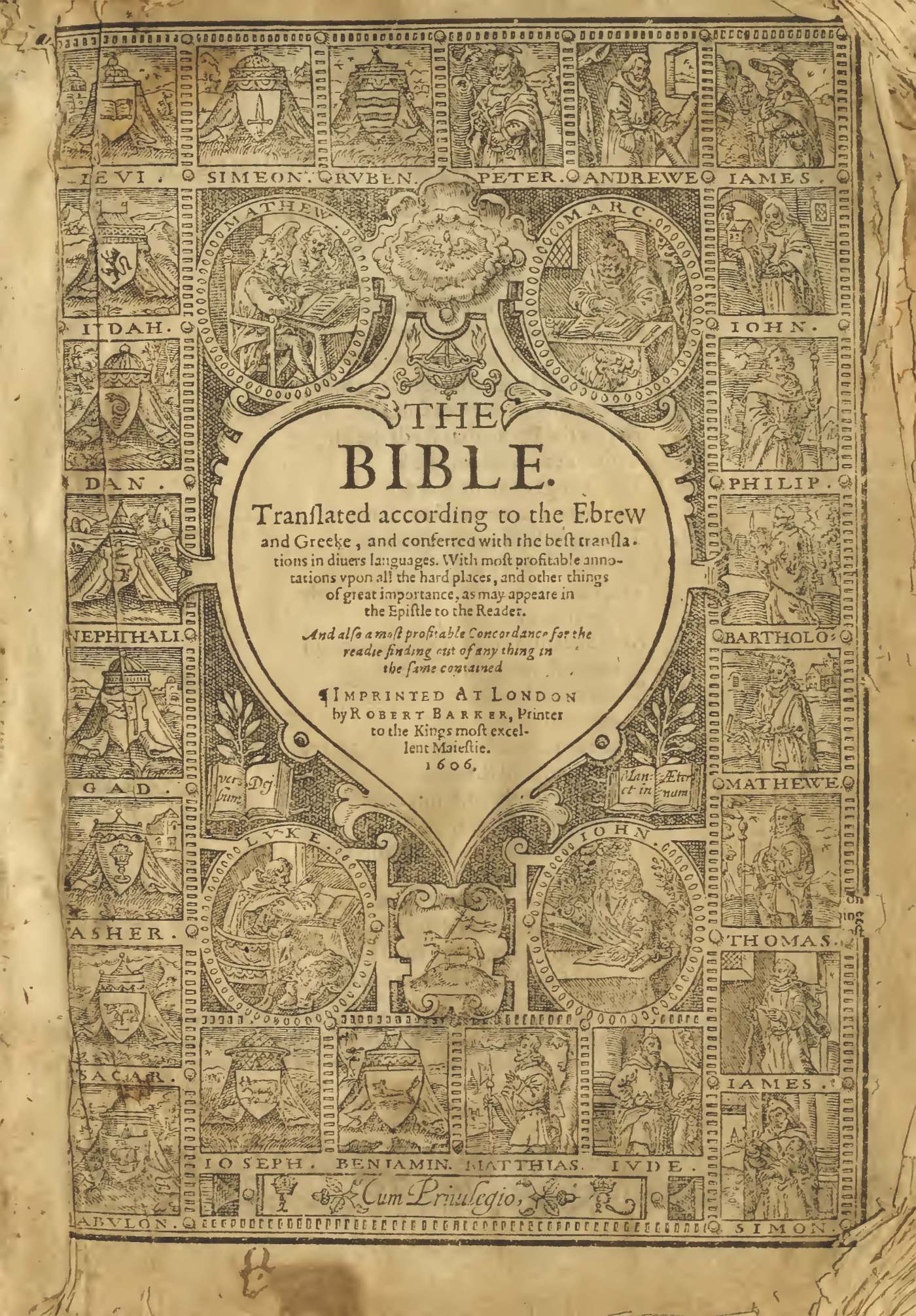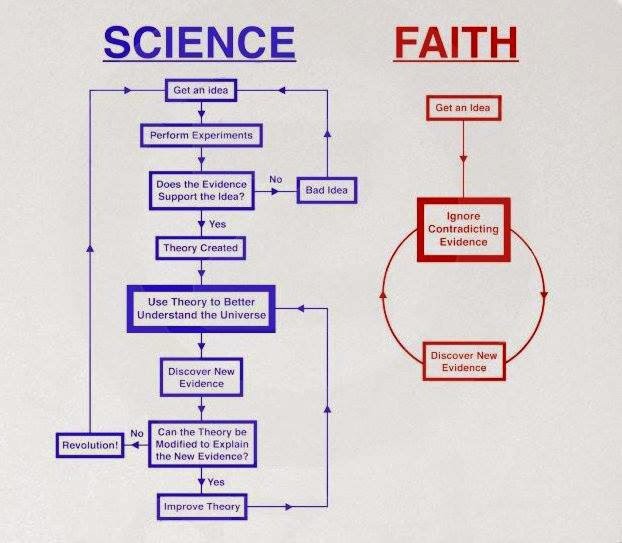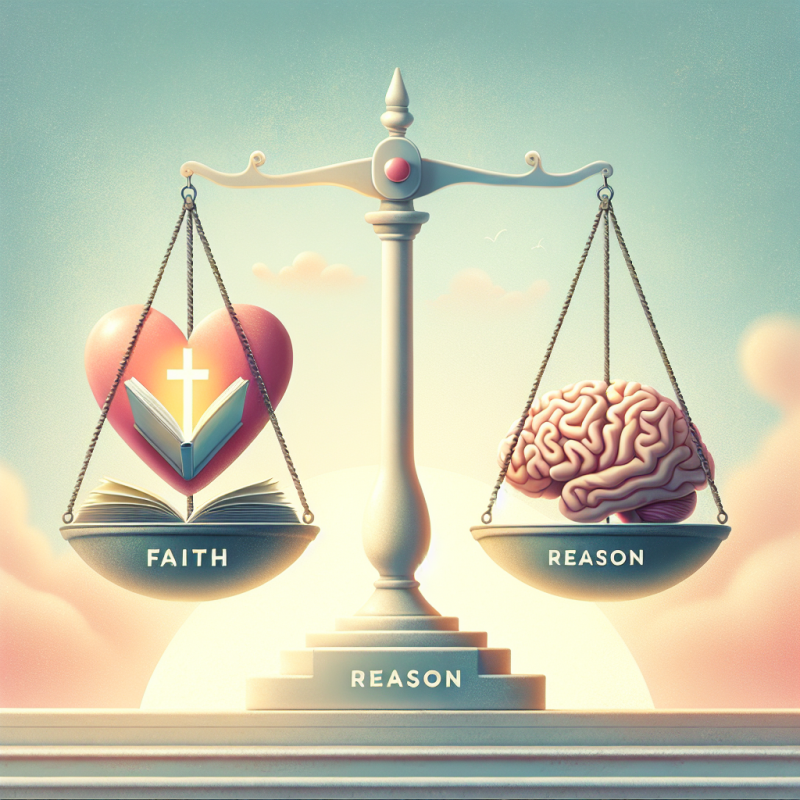The Enduring Dialogue Between Faith and Reason
Throughout history, the relationship between faith and reason has been a subject of deep exploration among theologians, philosophers, and believers. While some perceive an inherent conflict between the two, a more profound understanding reveals that faith and reason are not mutually exclusive but instead complementary paths toward truth. The pursuit of knowledge and the deepening of faith can harmoniously coexist, guiding individuals to a more comprehensive understanding of God’s purpose and the world He created.
Faith and Reason: A Dual Path to Truth
Faith, at its core, is trust in God’s divine wisdom and promises. It is an unwavering belief in what is unseen yet deeply known in the heart. Reason, on the other hand, is God’s gift of intellect that allows humanity to explore, question, and comprehend the intricacies of existence. Together, faith and reason enhance each other, leading to a fuller grasp of truth.
For centuries, theologians such as Augustine, Thomas Aquinas, and C.S. Lewis have articulated that reason does not weaken faith but fortifies it. Augustine famously said, “Seek not to understand that you may believe, but believe that you may understand.” This perspective suggests that faith is the foundation upon which reason builds, allowing one to uncover deeper spiritual truths.

Scientific Discovery and Faith in Harmony
A common misconception is that scientific knowledge opposes religious belief. However, history demonstrates that many of the greatest scientific advancements emerged from individuals who were deeply rooted in faith. Figures such as Isaac Newton, Gregor Mendel, and Georges Lemaître pursued science not as a repudiation of their faith but as a way to understand the order and complexity of God’s creation.
In recent theological discussions, as explored in previous articles like “The Intersection of Science and Faith”, it has become evident that science and religion address different aspects of the universe. Science explains the mechanisms of creation, while faith contemplates its meaning and purpose. Rather than conflicting, these two perspectives offer a holistic view of reality.

Logic in Theological Thought
Many skeptics argue that faith defies logic, but this assumption often misrepresents both faith and logic. In the article “The Harmony Between Faith and Logic”, we explored how belief in God is not an abandonment of reason, but rather an affirmation of it.
Christian apologetics, a theological discipline dedicated to defending faith through rational discourse, presents compelling arguments for the existence of God. Consider, for example, the cosmological argument, which posits that every effect has a cause, ultimately leading to an uncaused first cause—God. Similarly, the moral argument suggests that the universal human understanding of right and wrong points to a divine moral lawgiver.
These logical approaches demonstrate that reason does not dismantle faith but instead provides a solid intellectual foundation for belief.
Walking the Path of Both Faith and Reason
True spiritual growth involves embracing both faith and intellectual inquiry. While faith provides comfort in the things unseen and unknown, reason allows one to process and articulate those beliefs in an understandable way. When properly integrated, as previously discussed in “The Harmony of Faith and Reason”, a balanced approach to spirituality emerges.
To bridge the divide between faith and reason, believers must:
- Seek Knowledge – Engage with theological writings, philosophy, and scientific discoveries to gain a well-rounded understanding of the world.
- Ask Questions – A genuinely inquisitive mind leads to a deeper and more meaningful faith.
- Pray and Reflect – Faith is not merely an intellectual exercise but also a personal relationship with God.
- Engage in Discussion – Conversations with others, including skeptics, can refine and strengthen one’s beliefs.

Conclusion
Faith and reason are not opposing forces but rather two ways in which God reveals truth to humanity. By embracing both, believers attain not only spiritual fulfillment but also intellectual growth. The integration of faith and reason leads to a deeper love for God and a greater appreciation for His divine wisdom.
As discussed in previous articles, the theological journey is one of continuous exploration. There will always be mysteries beyond human comprehension, but that does not mean reason must be abandoned. Rather, it should be seen as a tool God has given to enrich and support faith. When held together in a delicate balance, faith and reason form a lifelong pursuit of truth—one that leads to the ultimate revelation of God’s divine plan.




This article beautifully illustrates how faith and reason work together rather than in conflict. The insights from historical theologians truly enhance the discussion—thank you for this!
The dialogue between faith and reason has persisted for centuries, and this article seeks to highlight their complementary nature in the pursuit of divine truth.